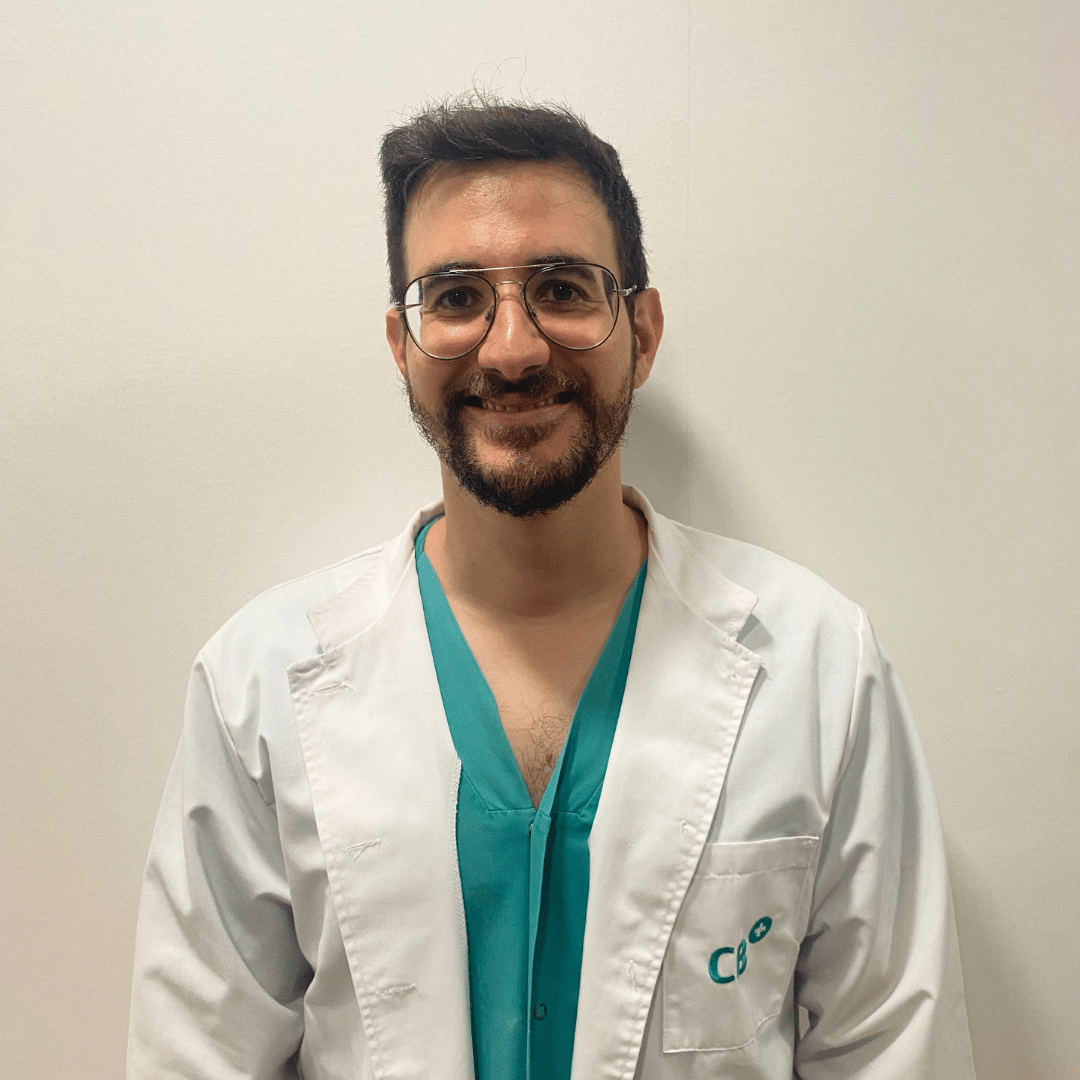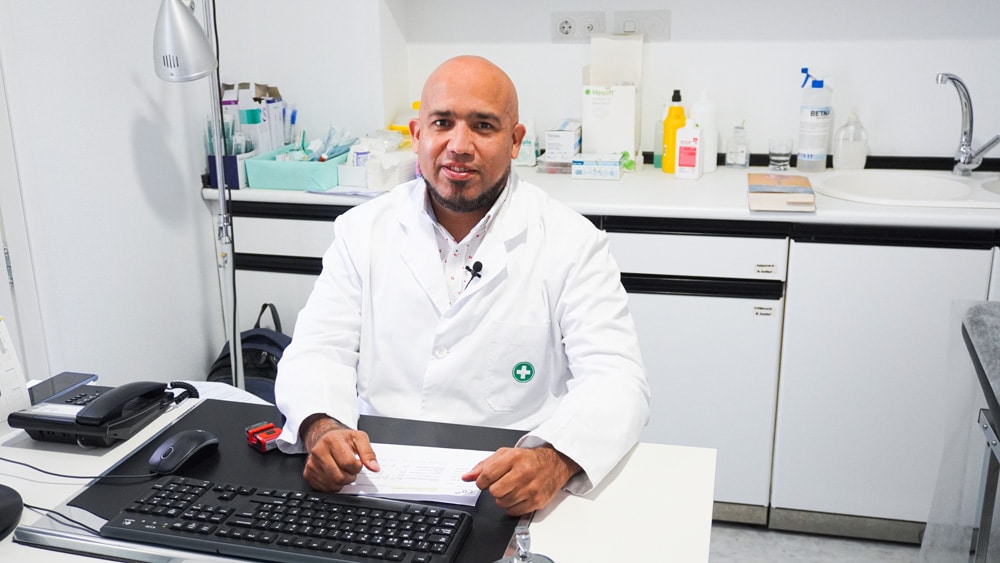d-GEMRIC cartilage MRI
What does it consist of?
To carry out the test, you will have to lie face up with your head resting on a cushion and a radiologist will administer a contrast medium based on anionic gadolinium [Gd(DTPA)2ï] to mark the area to be studied, generally the hip, knee, ankle or wrist. Next, the stretcher will move until the area of the body to be studied is in the center of the resonance equipment.
The test can last from 20 to 45 minutes. During this time, you will have to remain as calm as possible, since the taking of images is not continuous, but different image planes are made. Once finished, you can continue with your daily life as normal.

CASES IN WHICH IT IS RECOMMENDED
Who is it for?
The performance of d-GEMRIC cartilage MRI is mainly indicated in the following cases:
- People with degenerative cartilage pathologies, such as arthritis.
- Patients with chondral lesions of traumatic origin, that is, arising from a fall or blow.
- People who have previously undergone surgical cartilage repair.

INSTRUCTIONS
How should you prepare?
- Contrast administration: Intravenous contrast administration are required.
- Metal objects: The technician will give you the necessary instructions, provide you with a gown and ask you to remove any metal objects (jewelry, watch, piercings, hairpins, mobiles, dental prostheses and hearing aids).
- Heart devices: It’s important to tell the technician about any devices you’re implanted in your body (pacemakers, electrodes, and clips from previous surgeries).
- Hydration and lactation: Drink plenty of water to eliminate contrast from the body. If you are breastfeeding, you should stop for 48 hours. You should discard breast milk.

THE SPECIALISTS WHO WILL ASSIST YOU IN PARACELSO SAGASTA
A team of professionals who take care of you
























The expert's opinion
Paracelso Sagasta's blog
You will find from the hand of our professionals advice to improve your health and information on the latest technologies applied in the medical health sector.
 Health and advice
Health and advice
10 Tips for a healthy Christmas
 Health and advice
Health and advice
Everything you need to know about blepharoplasty
 Health and advice
Health and advice